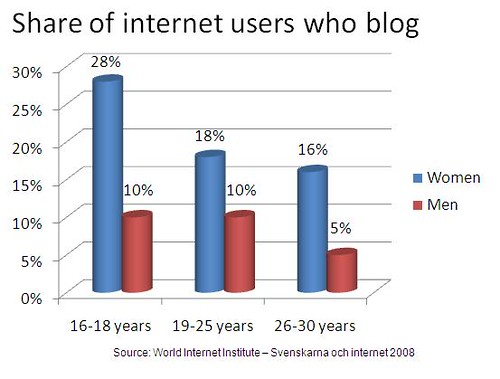Sampling and remixing, mash-ups and appropriation, wikis and podcasts are part of the digital creative milieu of the twenty-first century. Sites such as YouTube, Flickr and deviantART have offered new outlets for creativity and become hubs for innovative forms of collaboration thus playing their part in challenging modernist notions of what it means to be a creator as well as a consumer. User-generated content has draw upon the reuse of existing texts as well as new creations, bringing forward possibilities for new audiences and meanings while also raising questions about how digital texts are controlled through copyright and how intellectual property is managed.
Drawing on this background, papers are invited for the two-day workshop – Mashing-up Culture: The Rise of User-generated Content – which will take place at Uppsala University, Sweden on May 13th-14th, 2009. The event will be the first organised by the European research project COUNTER which explores the socio-economic and cultural impacts of the consumption of counterfeit goods and will bring together COUNTER researchers with scholars and stakeholders to explore the current state and dilemmas surrounding copyright and the production, consumption and distribution of culture.
Papers are invited which explore the possibilities and pitfalls surrounding the creative use of copyrighted materials with possible themes including but not limited to:
- Sampling, mash-ups, and appropriation
- Creativity and collaborative practices
- Creative industries and intellectual property
- Copyright, Cultural Heritage and Cultural Policy
- Regulating intellectual property (formal and informal protection)
The aim of the workshop is to provide a creative and stimulating forum for an interdisciplinary and international discussion. We especially invite researchers at the earlier stages of their career to submit proposals coming from across the humanities and social sciences. Accepted papers will be published in the workshop proceedings and further publishing outlets will be explored following the workshop.
Abstracts must be no longer than 1000 words and should consider key questions addressed in the paper, data used, theoretical perspective, as well as key findings and/or contribution to the field. The title, author(s) names, email contact(s), institutional affiliation(s) and references cited must be clearly given in the submission but is not included in the 1000 word limit. Further a 200 word biography of each author should also be appended to the abstract.
Abstracts must be submitted as word processing files (not PDFs) to Eva Hemmungs Wirtén – ehw@abm.uu.se – no later than Wednesday 7th January 2009.
Proposals will be evaluated on the basis of originality, quality of research, theoretical innovation and relevance to the central themes of the COUNTER project. Accepted authors will be notified by email by 30th January 2009. Successful applicants will be invited to attend the workshop at no fee and receive significant reimbursement of travel costs and workshop accommodation.
Delegates are expected to participate in the whole of the two-day event.
Key dates:
- 7th January: Deadline for submission of abstracts and author biographies
- 30th January: Successful authors notified by email
- 10th April: Full papers submitted for inclusion in proceedings
- 24th April: Papers circulated to workshop delegates and discussants
- 13th-14th May: Mashing-up Culture workshop
A document picturing some of the venues to be used for the workshop and the social events is available online. For further information on the workshop please cotact the workshop chair, Eva Hemmungs Wirtén – ehw@abm.uu.se.


